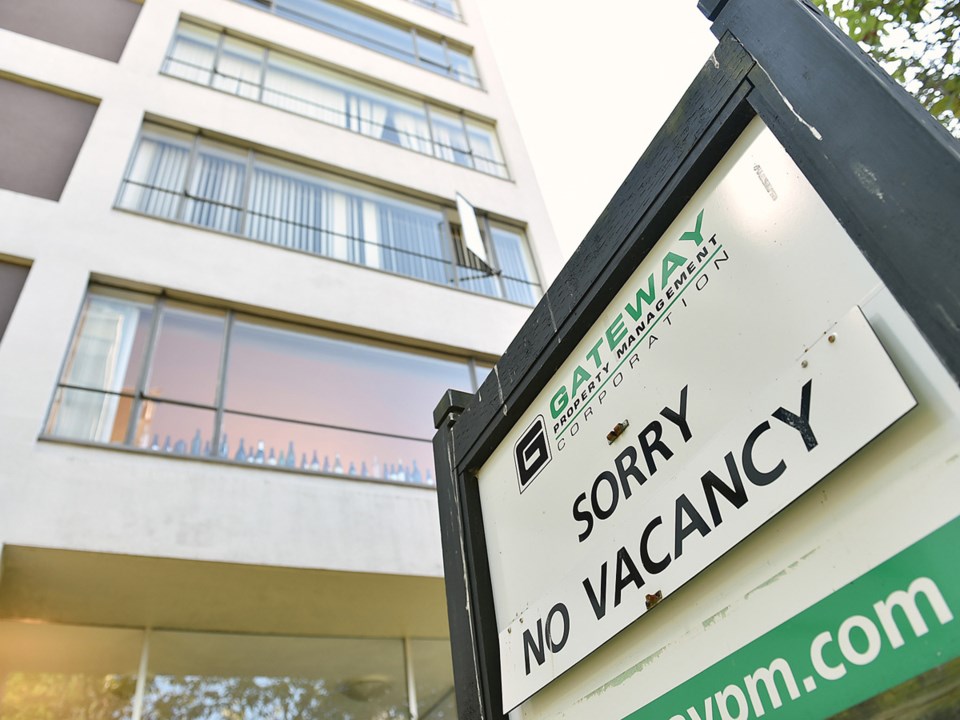Evening with author Malcolm Gladwell inspires thoughts on city’s affordability crisis
Last week, I attended the Vancouver Writers Fest evening featuring Malcolm Gladwell in conversation with Lisa Christiansen.
I have been a big fan of Gladwell’s writing ever since his book The Tipping Point: How Little Things Can Make a Big Difference” was published in 2000.
You can find my account of the evening HERE.
Gladwell’s books are often about solving problems using “lateral thinking.” For those not familiar with the term, it is a more creative approach to finding solutions by viewing a problem in a new and unusual way that is not immediately obvious.
For example, if you’re not strong enough to remove a metal lid from a glass jar, pour hot water on it.
The term lateral thinking was invented in 1967 by Edward de Bono, an English physician, psychologist and author. I learned about him while living in England and have read many of his 57 books, which have greatly influenced my thinking.
One example was my 1971 university thesis that proposed the creation of affordable housing by eliminating the cost of land. How? By building temporary housing on vacant lots using factory-built modular structures that could be relocated to other vacant sites.
While this idea has recently gained currency, lateral thinking could help us solve other housing affordability challenges facing Vancouver.
Today, there is considerable discussion on building more affordable housing. But why not also explore how to make better use of the housing we already have?
There are thousands of government subsidized family-sized homes in Vancouver. Over the years, families have moved out and others have moved in. But in some instances, residents remain even though their families have grown up and left. The result is a single person living in a large unit.
These residents are reluctant to leave, especially when there are no smaller apartments available in the complex.
In 2012, the British government tried to solve a similar problem by imposing a “bedroom tax.”
By most accounts, it didn’t work.
Some preferred solutions could be to offer residents a rent supplement to leave or obligate them to share their home with another single person until smaller homes become available.
This would free up a limited amount of subsidized family housing. However, there are other ways to make more efficient use of existing housing.
Recently, the Vancouver and B.C. governments attempted to free up rental units through their so-called Empty Homes and Speculation and Vacancy taxes. Many have rightly questioned how much affordable rental housing has been created.
They have also questioned the fairness of taxing homes that are not empty — just occupied less than six months a year.
Meanwhile, it is estimated there could be up to 800,000 empty bedrooms across Metro Vancouver.
While I most certainly am not going to suggest governments now tax these empty bedrooms, they could assist non-profit organizations and private companies trying to match those seeking affordable housing with those who have empty bedrooms or vacant basement suites.
Last week, I received an email from someone in Salt Lake City, Utah working on a start-up that would match homeowners with empty bedrooms and renters seeking rental housing. He saw that I had been promoting this concept for years and wondered why it hadn’t taken off.
I referred him to Nesterly.io — a new Boston start-up that appears to be successfully helping seniors with extra accommodation to connect with younger people seeking housing and willing to help out around the house.
I also told him about Empty Nests, a new Vancouver-based social enterprise initiative.
It, too, is designing a secure and trustworthy computer-based program to connect households with spare rooms and millennials needing affordable housing and able to help with chores.
I also told him about HomeSharers, a 1980s program initiated by former Vancouver alderwoman Marguerite Ford that successfully matched seniors with seniors until its CMHC funding dried up, and Hollyburn Family Services ongoing efforts to create a seniors’ home sharing registry on the North Shore.
When he asked me why such a worthwhile concept has not taken off, I told him to think about how long it took before they started to put wheels on luggage.
Now I am wondering how Malcolm Gladwell might respond.
@michaelgeller
geller@sfu.ca












